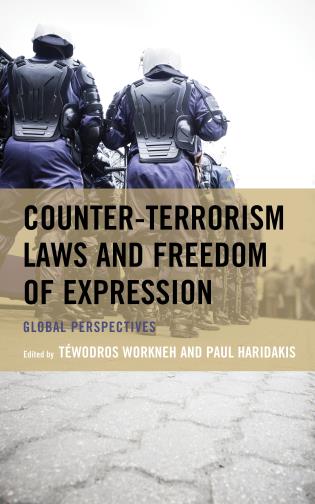Blog
Terrorism and Counter-terrorism legislation in Brazil

25/11/2021
Daniel Oppermann
Book chapter
Published at: Lexington Books
Date of publication: 2021
Link to the book
BibTeX (chapter)
Historically, Brazil has a relatively calm and reserved public discourse on terrorism. Although constantly following debates and incidents happening in different parts of the world, the country itself has not been a target of extensive terrorist attacks comparable to those happening in other parts of the planet (Raza 2007, 165). Neither is terrorism, as it is discernible in many high-income countries in the North today, considered by the Brazilian population or public representatives a serious threat to the country. However, this should not hide the fact that Brazil is suffering from serious acts of violence in all of its five regions. Following United Nations data, Brazil is categorized as one of the few countries worldwide with disproportionately high homicide rates (UNODC 2019, 18). Acts of extreme violence against individuals like they became known or visible again for example in Europe with the insurgence of ISIS and the kidnappings and killings of Western citizens in the Middle East have been part of everyday life in Brazil and other countries in the region for a long time. The public debates on violence in Brazil, however, are mostly related to organized crime and social inequality. Terrorism itself partly has its place within these debates but it is hardly a predominant subject matter. Nevertheless, fear of terrorist attacks in the Global North and discussions on terrorism especially after the 9-11 attacks in the United States also had an impact on the public discourse of terrorism in Brazil (Cepik 2010; da Cunha 2010; Zúquete 2017). It is worth questioning though whether the current public discourse on terrorism in the country is a reflection of reality in South America or the reflection of the impact of Western debates on the region.